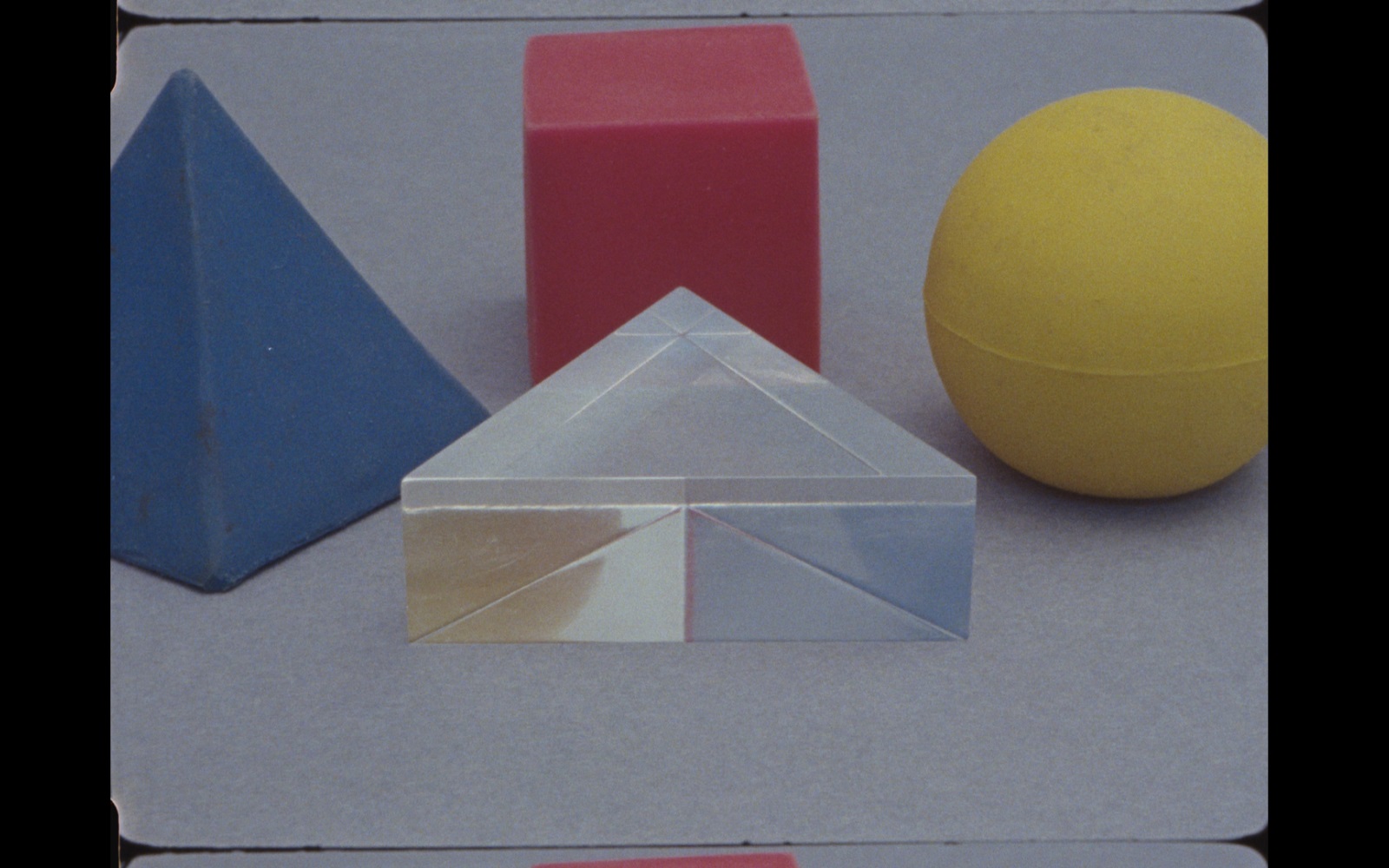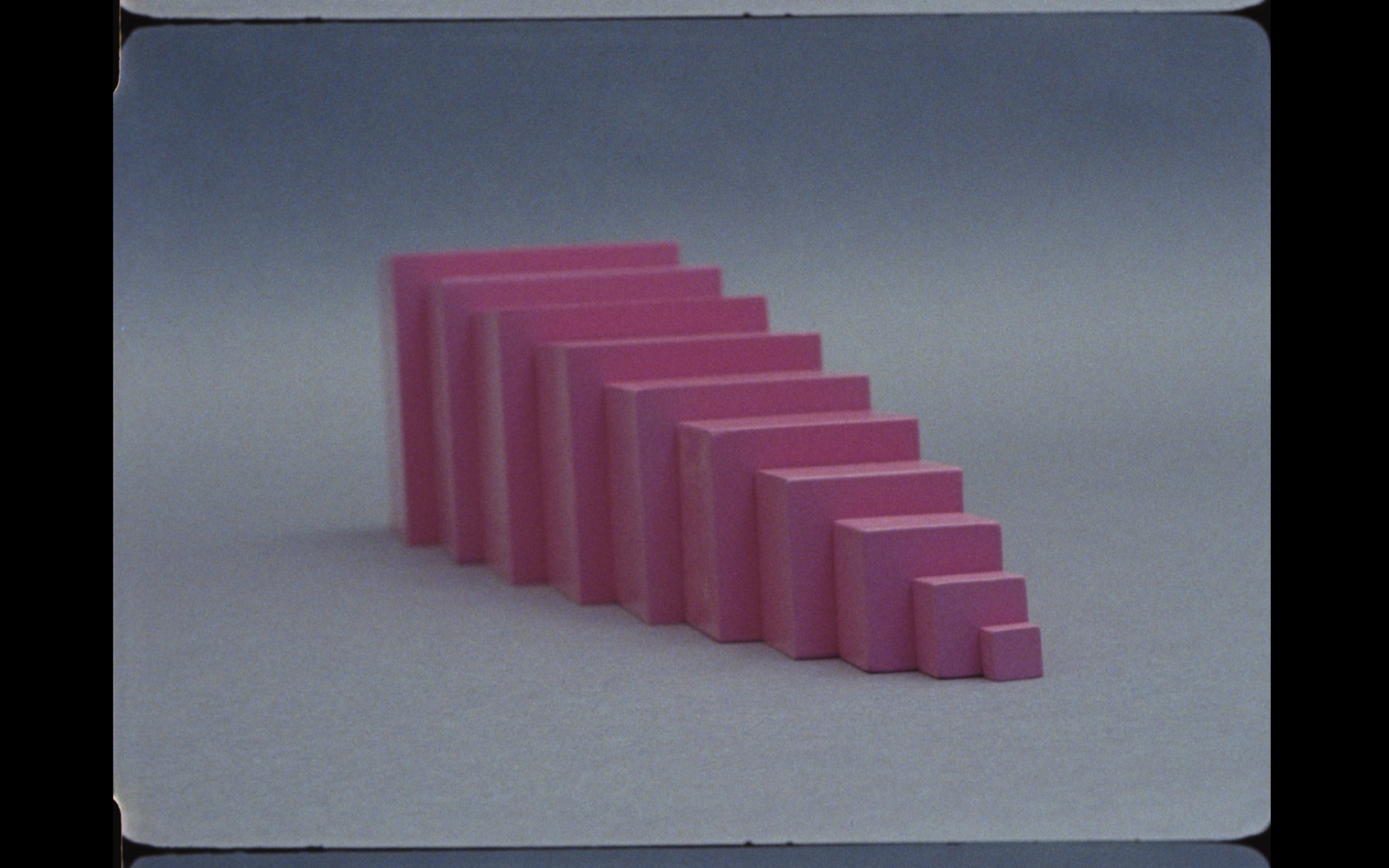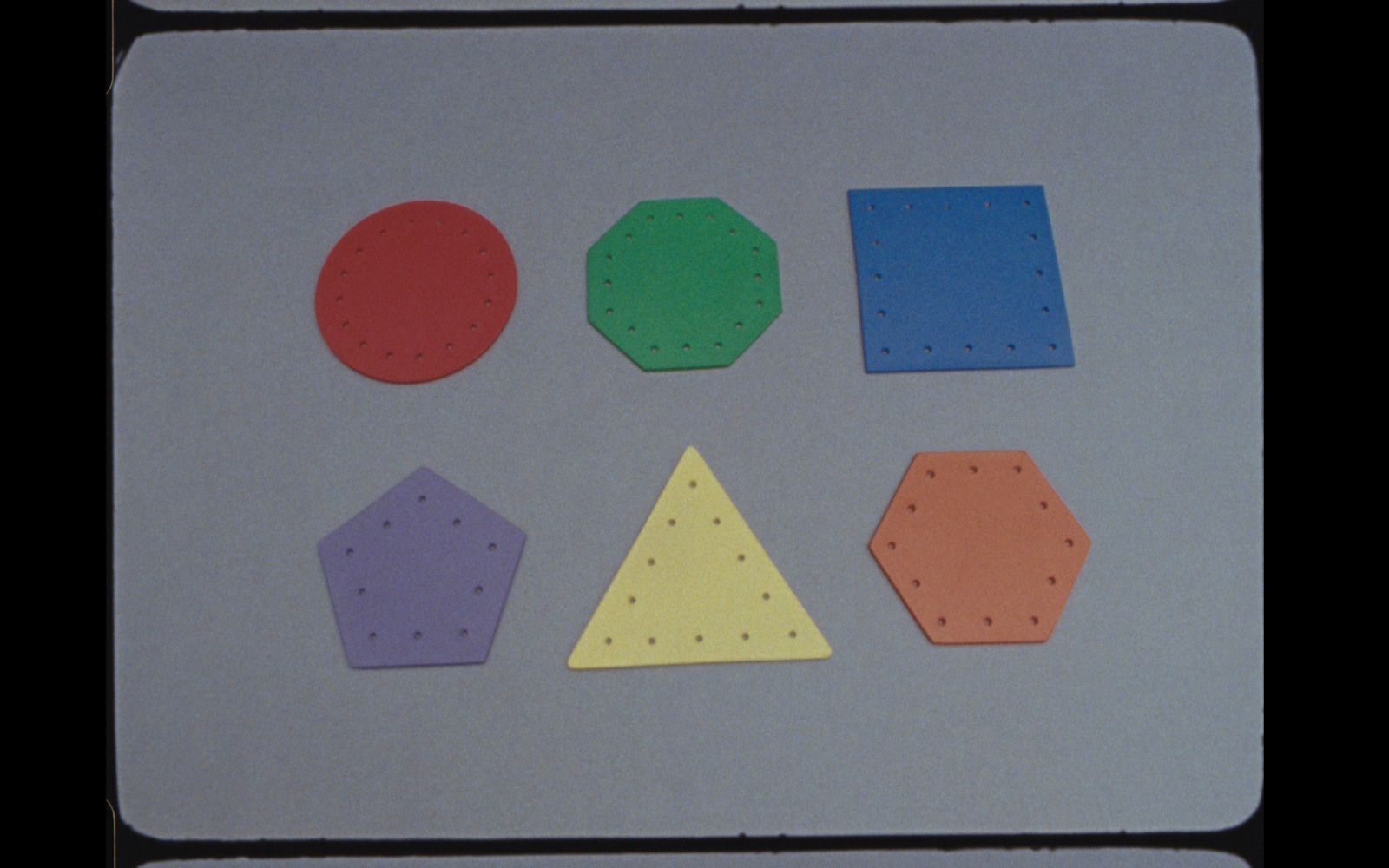Film by Yto Barrada joins the CAM Collection
Living between Tangier and New York – where she currently has a project on display at MoMA – Yto Barrada (Paris, 1971) has exhibited regularly since 2001. Co-founder of the Cinémathèque de Tanger in 2006, the artist took part in the Venice Biennale in 2007, and in 2016 was shortlisted for the Prix Marcel Duchamp. A multi-disciplinary artist, Yto Barrada explores different mediums, such as photography, film, painting, sculpture, installation and book, in a work that focuses on an approach to history (or its gaps) in social colonial relationships and decoloniality, in individual memory, in family narratives and in non-verbal language.
In 2019, the artist developed an exhibition for the Project Space in the Modern Art Centre called Moi je suis la langue et vous êtes les dents [I am the tongue and you are the teeth], a title taken from a note found in one of the notebooks belonging to ethnologist Thérèse Rivière, who, in 1934, set off for Algeria to study the Chaouia ethnic group in the Aurès mountains. The exhibition is built around the artist’s research and interest in the historical figure of Thérèse Rivière – her (tragic) life and (forgotten) work – interwoven with the history of narratives relating to her own family, giving voice to other women, her grandmother and mother.

Originally commissioned by Performa 17 – Afroglossia, the work Tree Identification for Beginners was first shown in New York, in November 2017. A beginner’s guide to the artist’s family tree, the film gives a biographical account of her mother during her years as a socialist student, on a trip to the United States in 1966 as the guest of a propaganda programme aimed at African students, sponsored by the US State Department. This voyage of personal discovery happened at a time when movements for decolonisation, civil rights, Pan-Africanism and black power were emerging.

The work links stop-motion animation of Montessori educational toys and grammatical symbols with descriptions of her mother’s journey and the programme organisers speaking about their expectations in terms of the attitude and behaviour of the African participants. The images do not document this, but they reveal, in constant motion, the doing and undoing of puzzles, boards and grids into shapes and colours. They are children’s games into which power games and resistance strategies are fitted.

